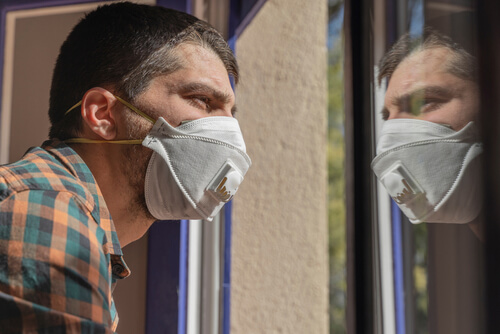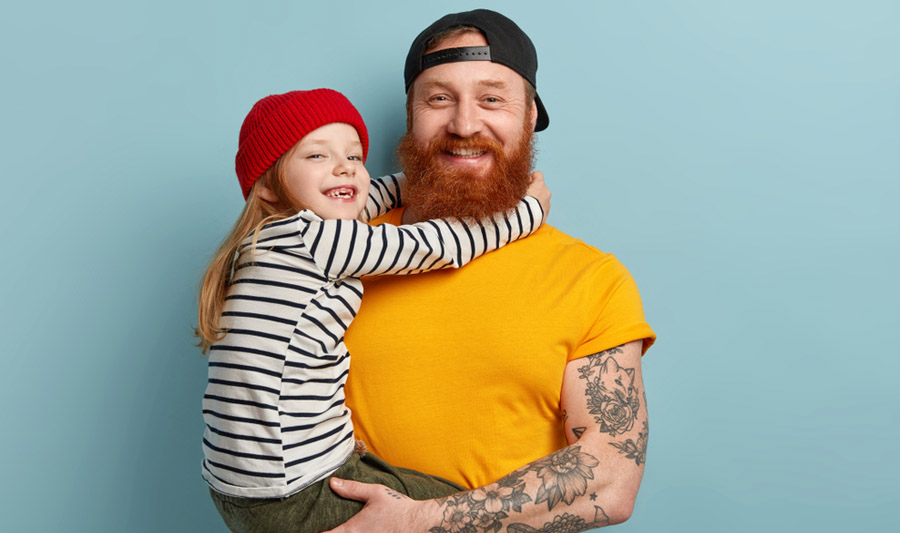If you are one of them, here are some resources that can help you stay on your feet via cash assistance, healthcare, utilities, and food.
Replace Your Income With Help From the Government’s CARES Act
Local governments forced many “non-essential” businesses to close for several weeks to prevent the spread of the coronavirus. This has led to reduced income, fewer hours, or complete job loss for many.
Since we still don’t know when things will get back to normal, the government passed the Coronavirus Aid, Relief, and Economic Security (CARES) Act to keep people afloat.
Why is this so crucial? Because if you qualify, you could receive two significant boosts to your bank account, with the first coming from a $1,200 stimulus check.
Single people and heads of households can qualify for a $1,200 check if their adjusted gross income is less than $75,000 and $112,500, respectively. Couples, meanwhile, can get a $2,400 check if their combined income does not surpass $198,000.
If you exceed those income amounts, you may still qualify for a lower payment than $1,200. The max income for individuals is $99,000, heads of households $136,500, and couples $198,000.
Who does not qualify for these stimulus checks, which will use 2018 or 2019 tax returns to determine eligibility?
- Dependents already claimed on tax returns
- Anyone without a Social Security number
- Nonresident aliens
Stimulus checks are just one way in which the CARES Act can boost your income, as unemployment benefits are another.
You can call on your state for unemployment assistance by using the CareerOneStop from the U.S. Department of Labor. And while, per the Center on Budget and Policy Priorities, the average state benefits amount to $385 per week, you can receive even more through the CARES Act.
As long as you are an “unemployed person,” the CARES Act will give you $600 in benefits per week for up to 13 weeks. Best of all, that’s in addition to your state’s unemployment benefits.
In other words, if you receive the average unemployment assistance through your state of $385, when combined with the $600 from CARES, you could earn $985 per week.
What does it take to qualify as an unemployed person under the CARES Act? One of the following circumstances that occurred in response to the coronavirus outbreak must apply:
- You were furloughed.
- You were laid off.
- You have proof of missed employment or income.
Healthcare Coverage If You’ve Lost Your Job
As mentioned, many people have been either furloughed or laid off due to COVID-19. This can result in issues with healthcare coverage, which can be fixed via one of the following avenues:
- COBRA Continuation Coverage
- Medicaid
- Medicare
Assistance With Paying Your Utility Bills
If you don’t have enough money to pay your utility bills, contact your company directly to work out a payment arrangement. Some companies have decided to delay billing in response to COVID-19, which would eliminate the need to contact them.
You can get utilities help from the government, too, if you qualify for the Low Income Home Energy Assistance Program (LIHEAP).
Ways to Get Food on a Reduced Income
Many local charities, churches, and food pantries have stepped up to the plate to help families get fed during the current outbreak. You can do an online search for such services in your city, or call 211 for additional assistance.
Also, the government has food programs like Supplemental Nutrition Assistance Program (SNAP) and SNAP for Women, Infants, and Children (WIC) that may be able to help on a more consistent basis.




